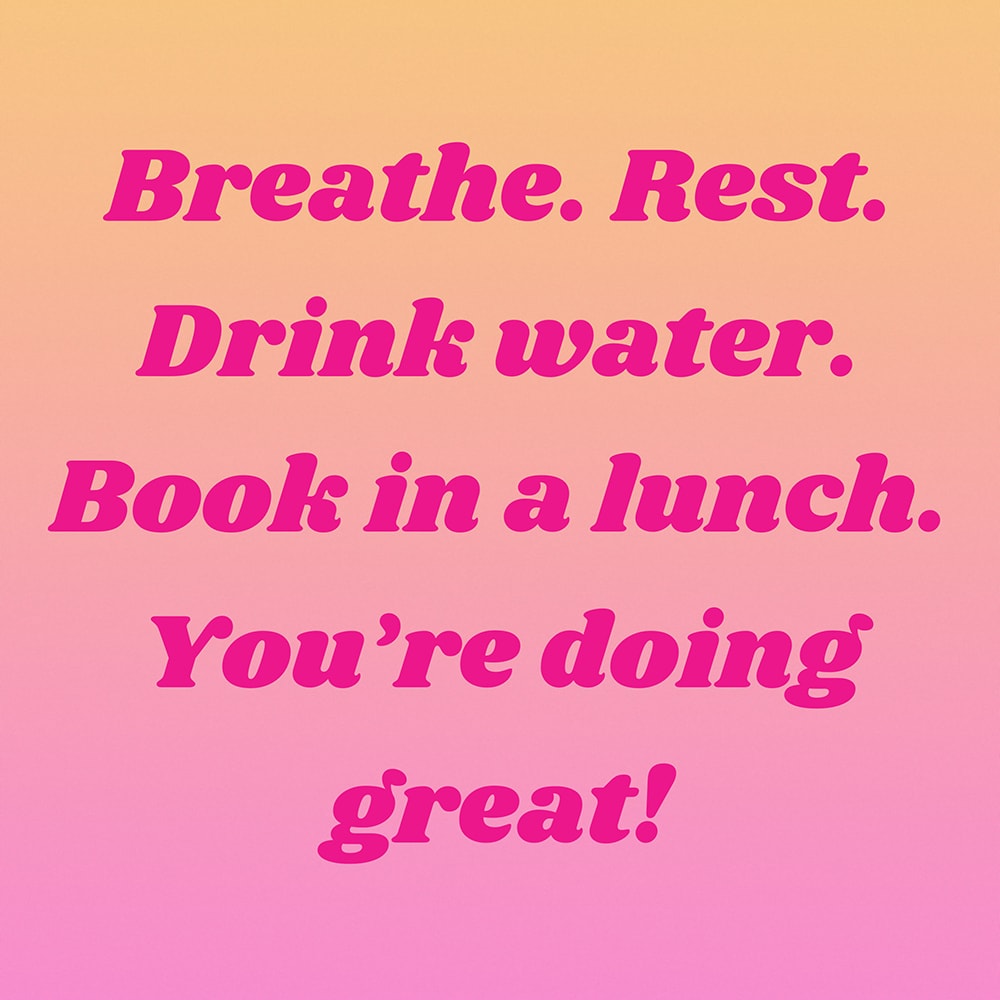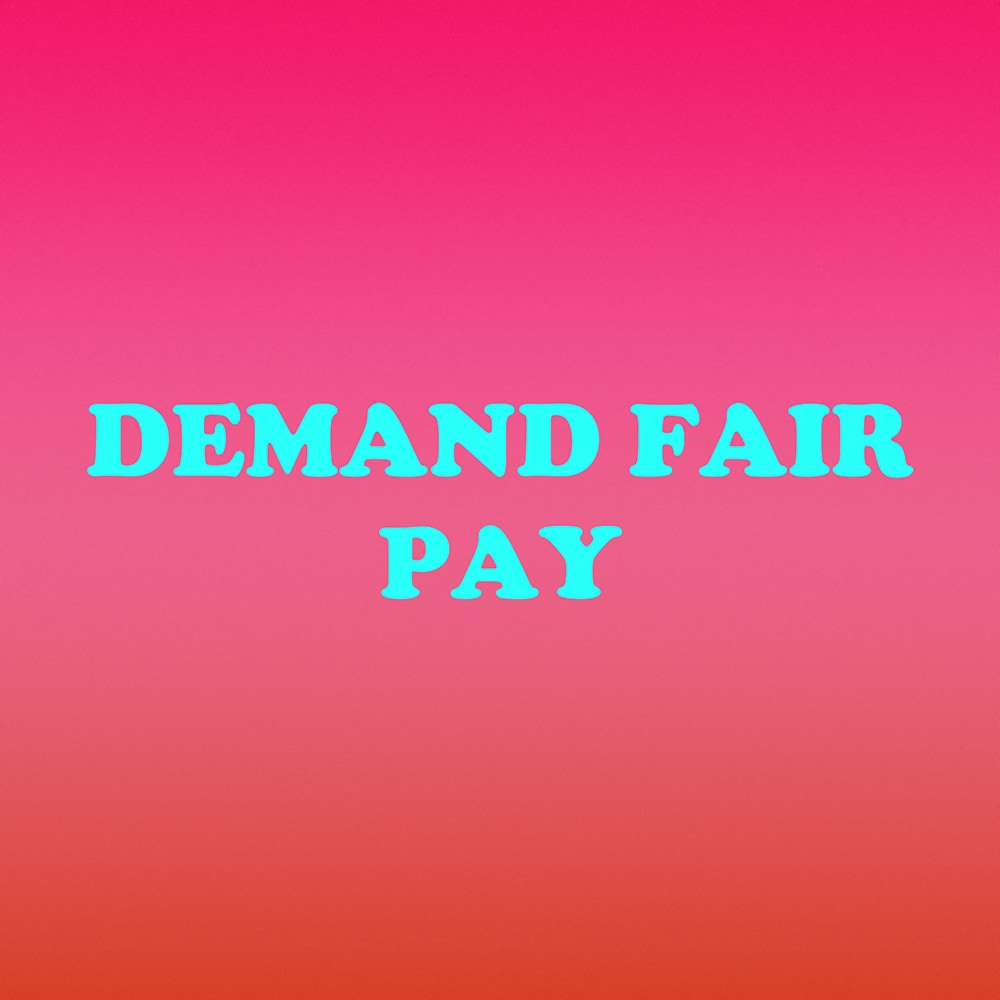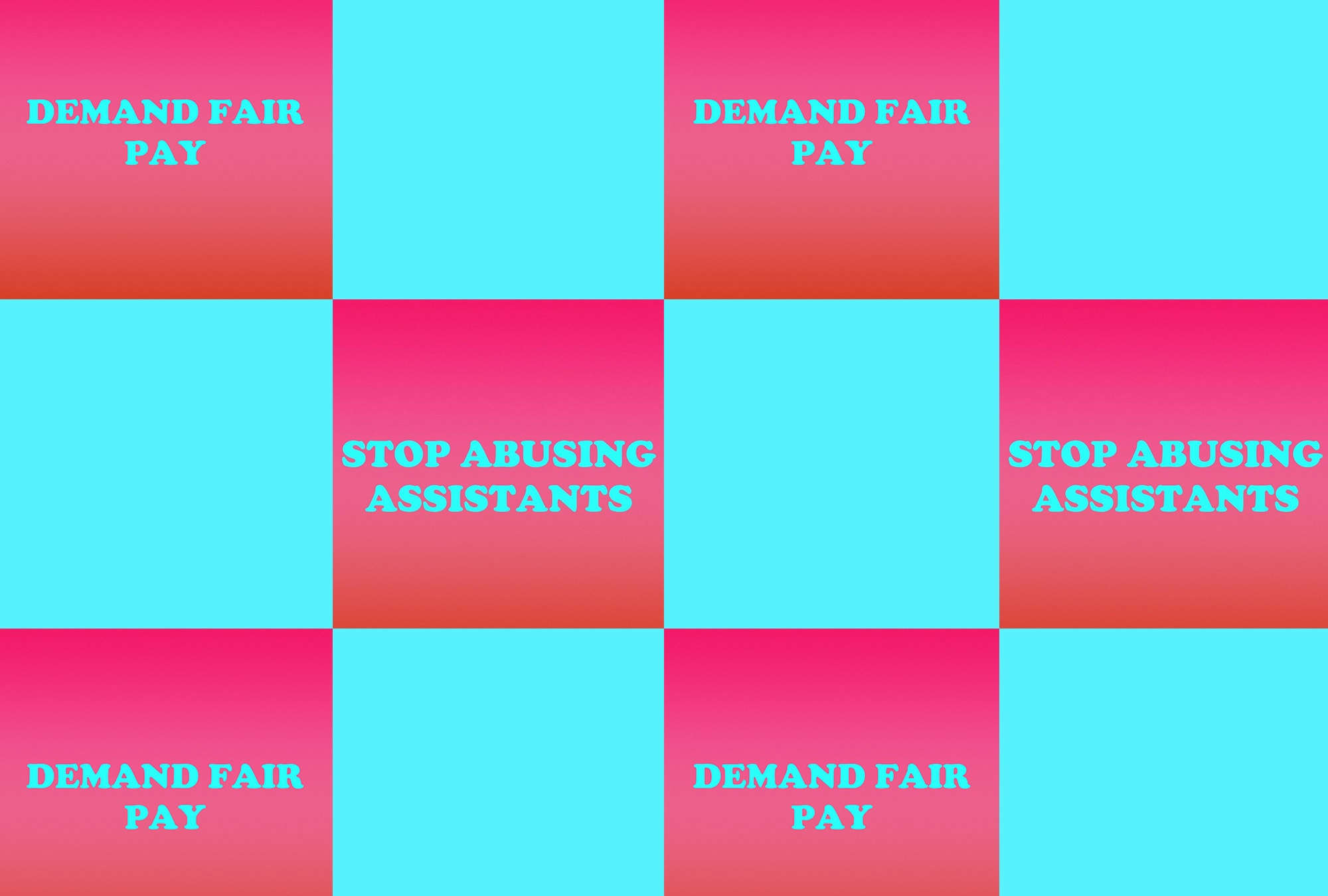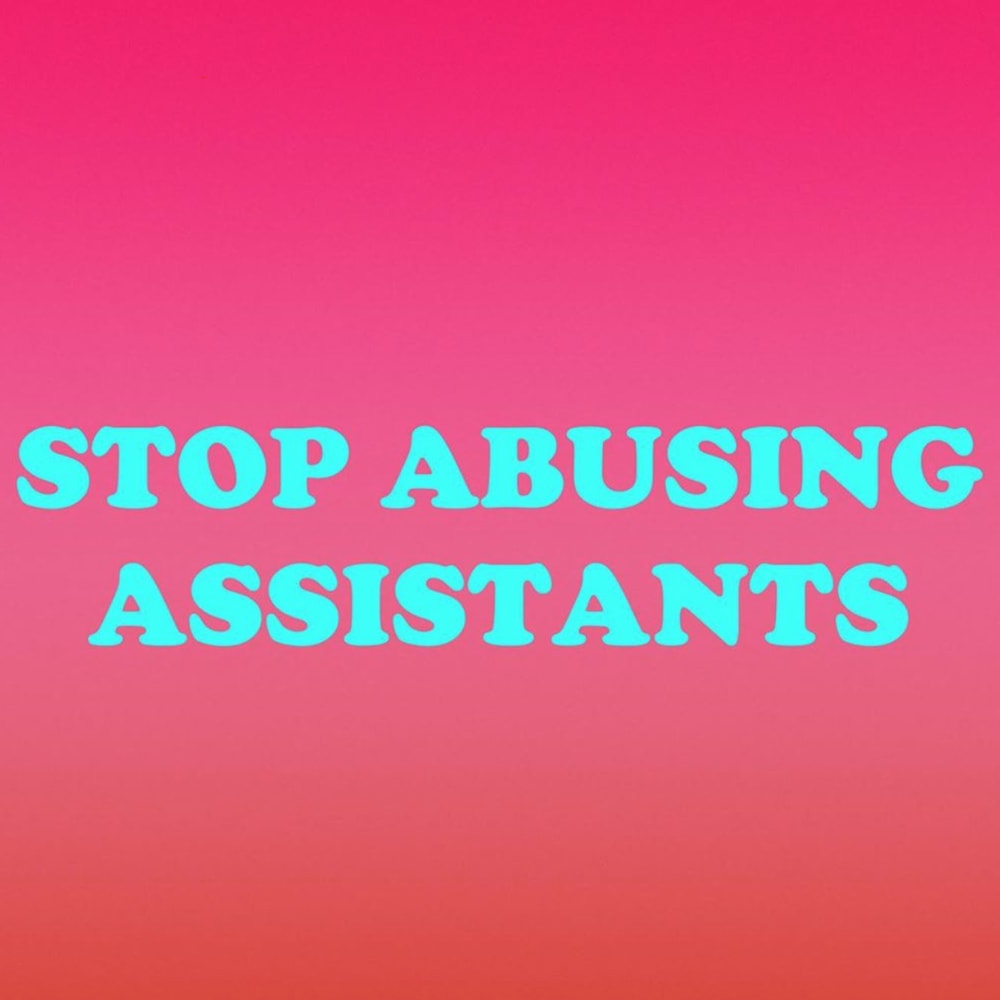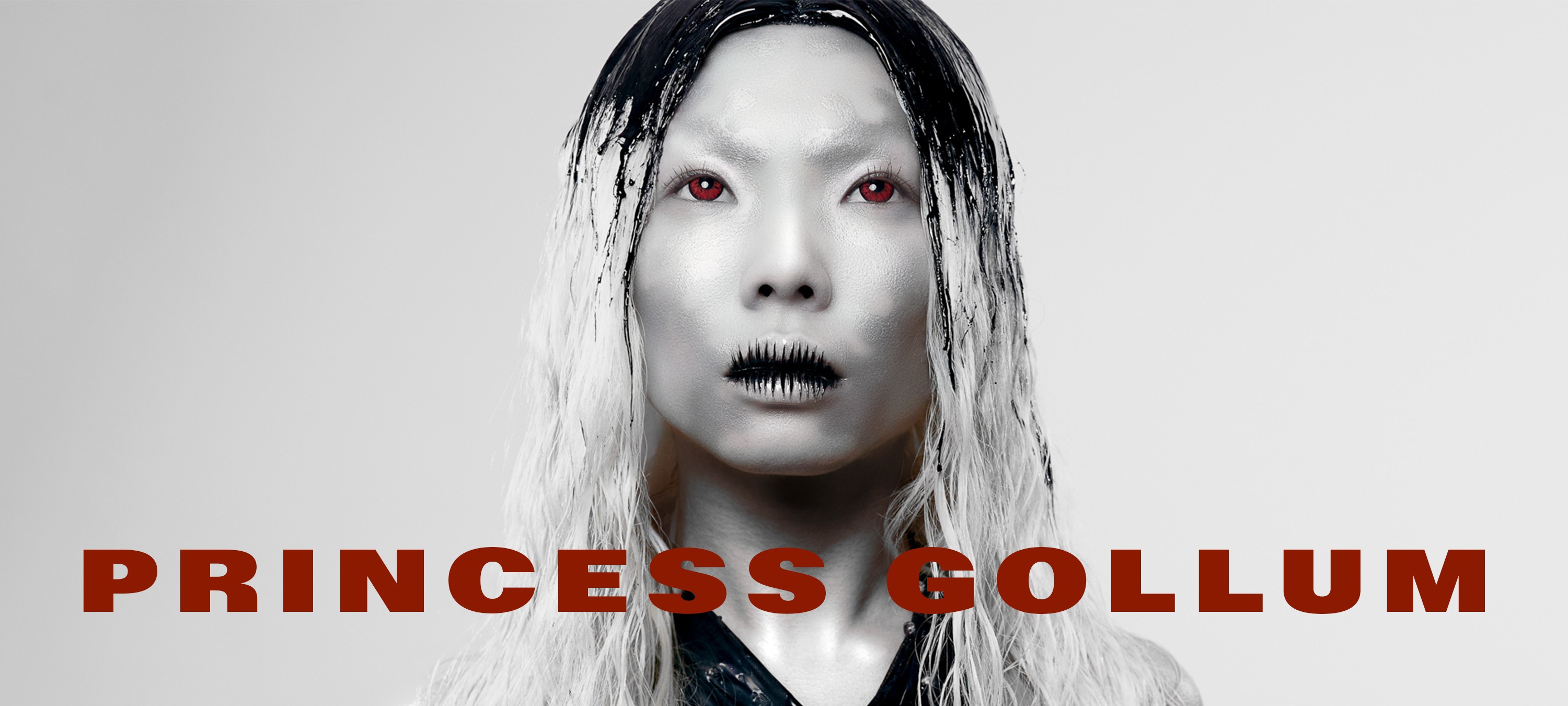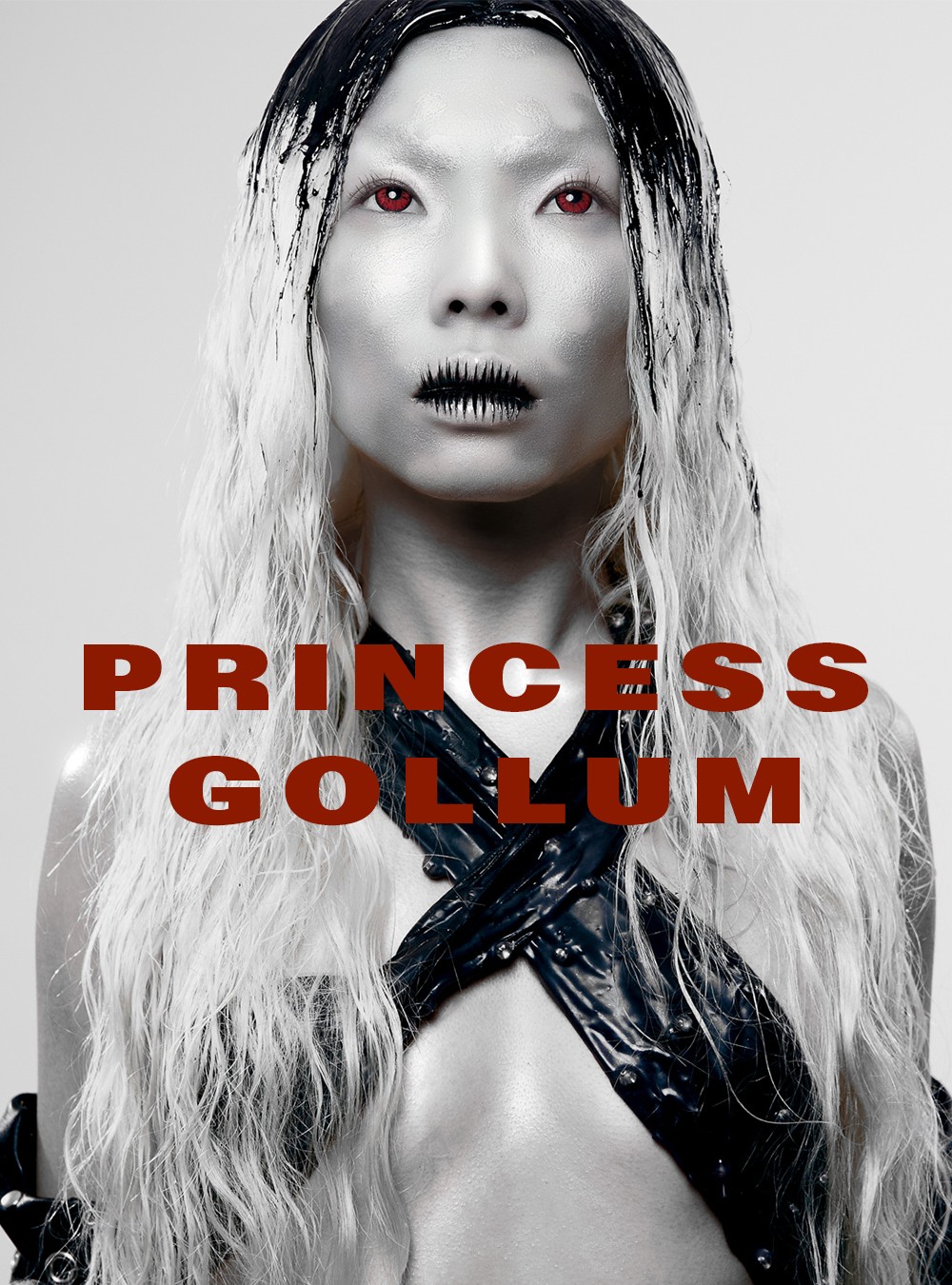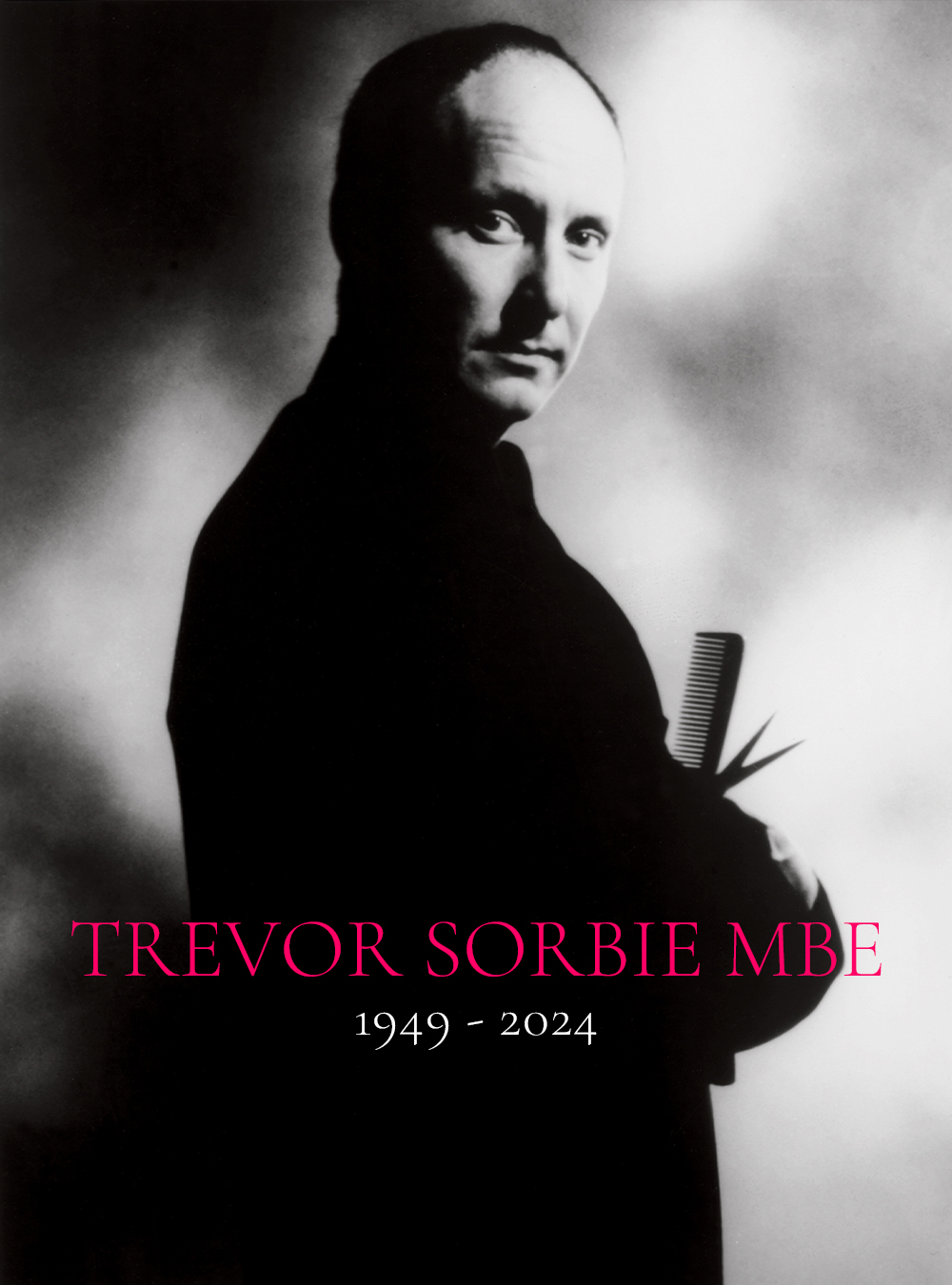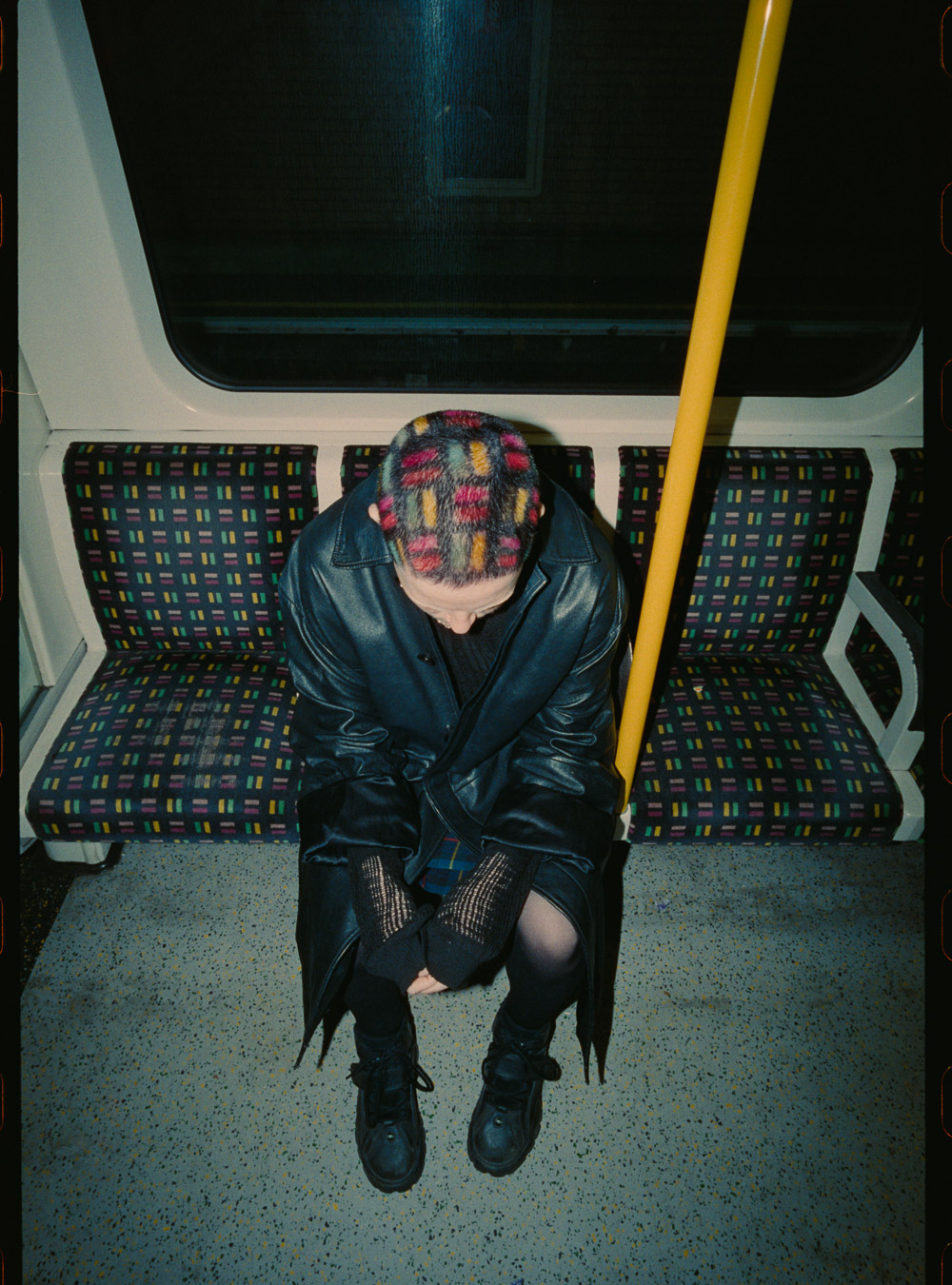PEOPLE: Hairy Stories is an anti-bullying platform highlighting a prevalent issue of abuse in the salon environment
Hairy Stories by Tegan Robertson
Interview: Katharina Lina
Tegan Robertson is the hair artist and educator behind the anti-bullying account @hairystoriesforchange, an online safe space created to spotlight a seemingly widespread issue within the hair industry. High pressures like ensuring the clientele’s satisfaction, long hours with few breaks, and an inherited culture of enforcing hierarchies can all contribute to a tense environment ripe for bullying. Hairy Stories first began when Brighton-based creative Robertson shared her experience with bullying in the workplace on her Instagram page, and found herself inundated with messages from hairdressers sharing similar stories; legitimate requests for time off being met with termination threats, shouting, undermining and humiliation in front of clients and coworkers, offensive personal comments, gossip and rumour spreading, and harming career progression.
The effects of anxiety, intimidation and stress felt by the bullying victims will not only damage the individual and their mental health but also the witnessing workforce’s morale and performances, and ultimately even the salon’s revenue. According to the Health and Safety Executive’s 2019 report, 54% of all working days lost to ill health were stress and anxiety related, shedding a light on the extent to which neglecting employees’ wellbeing can affect entire organisations.
With Hairy Stories, Robertson aims to illuminate the prevalence of this issue, let those who have been affected by workplace bullying know they are not alone, and to spark the conversations necessary to bring about change.
"I set up Hairy Stories not only to be able to cope with the many messages I was receiving, but also to raise awareness and I am hoping that they will really highlight this HUGE issue in our industry"
How did you first get into the hair industry? I’ve always been creative and knew all my life I’d end up doing something fabulous and creative with my life. At school the creative weird ones are pushed into boxes and aren’t given many options. I ended up at fashion school and hated it and as a result I got kicked out and was at a loss as to what to do with my life and all this ambition I still had. One night whilst watching Priscilla Queen of the Desert, I was admiring the drag queen wigs and had a lightbulb moment. The next day I called up a cool new salon and London called Butchers and got an apprenticeship.
What do you love about working in the hair industry? There’s something for everyone in this industry and you can cater your career around your life. Something we don’t do enough in hairdressing. Our career isn’t a one-size-fits-all box. We can customise it to suit us. I also love the instant gratification side of it. Making someone feel great and creating amazing colours just gives me such a rush.
You recently shared some horrible experiences about being mistreated by your former employer. What was the initial reaction from people like? I was honestly blown away and also extremely overwhelmed by the response. It’s something me and all the past employees have been wanting to do for years, however it’s a very sensitive topic and there isn’t really a right way to do something like this. The employer/salon owner in question has a huge social media platform and following, and I knew that by me sharing my experiences it all could have easily been met with hate and more toxicity… but it became more and more apparent that it was my moral obligation to share my story. If no one ever speaks out, the pattern will continue. So when I was met by the most incredible, kind responses I knew I’d done the right thing. I had the support of thousands of hairdressers including many of the most respected hairdressers in the industry. It was a necessary gamble and it definitely paid off and hopefully the lines of communication are a little more open as a result and people will be more confident to speak up sooner.
Your testimony quickly snowballed into tons of others reaching out to you and sharing similar stories. How many people have gotten in touch with you? And how did that make you feel? Within a day I’d received well over 1000 messages and it was obvious that mine and my past colleagues experiences were not just isolated incidents. It was extremely overwhelming and also really tough to read and process. I was still dealing with my own trauma from being mistreated and was met with so many other harrowing stories. It was really a lot of take on but I was, and am, completely driven by the fact that something has to be done. It was also cathartic and I felt like I had honestly dropped a lot of baggage that had been weighing me down. It was a really strange feeling. I also felt as if I’d totally opened myself up and in that time it stopped being about me and what I needed, and it became about what I needed to do to make a change. It was totally liberating just being able to turn my trauma into something empowering and healing not only for me but also for so many others. The gravity of the situation really slapped me in the face and I knew there was a huge issue that needed to be addressed.
"If no one ever speaks out, the pattern will continue. So when I was met by the most incredible, kind responses I knew I’d done the right thing"
Can you tell us about Hairy Stories? And what plans have you got in store for the platform? Hairy Stories was an absolute necessity. I received awful stories from hairdressers all over the world sharing absolutely heartbreaking experiences. I set up Hairy Stories not only to be able to cope with the many messages I was receiving, but also to raise awareness and I am hoping that they will really highlight this HUGE issue in our industry. To be honest, the page is growing far more quickly than I alone can keep up with. Within 2 days we had 2000 followers and it goes up everyday. It’s growing very organically and my main objective is to make some sort of change but to also make employers sweat a bit… it’s food for thought. It’s a constant reminder to treat people better.
Unlike other online accounts exposing unjust behaviours or abuse of power in different industries, this account shares stories without the name+shame element. Is this because people are afraid of losing their jobs? Or are you more focussed on raising awareness as opposed to holding individuals accountable? A lot of ethical questions became really apparent when I started this. These are sensitive topics we are dealing with. I want to keep it as empowering as possible. Throughout all of this, including my own story, I’ve made sure not to name people and create more of a problem. It’s not ever been about cancel culture. It’s about sharing stories, speaking your truths and experiences and making a change rather than hunting people down. The people sharing the stories remain anonymous most of the time because they’re still afraid of the backlash they might get. It’s also very scary sharing such personal and painful stories. You feel extremely vulnerable.
What do you think is it about specifically the hair industry that makes it possible for people to behave in this way and get away with it? There’s quite obviously a lot of fundamental, deeply rooted issues within hair salons. For instance, the outdated system of hierarchy in salons that breeds toxic behaviour. The dehumanising ways we treat assistants is something that’s always been accepted in salons. If I had a pound for every time someone told me they scrubbed a floor with a toothbrush I’d be rich. Practices like this are just gross and hugely unnecessary. It’s completely ingrained in the hair industry culture that in order to be a hairdresser we have to accept abuse and terribly low wages. It’s like a prize that we strive for, to be a stylist and to be able to treat the assistants as terribly as we were treated. And we don’t speak about these issues. Our job has always been seen to be hard graft and we tend to have this pride that we all work like absolute dogs. However if we don’t talk about not getting paid accordingly for our hard graft, or about being treated poorly, aren’t we just perpetuating these ideas, and aiding and abetting future mistreatment of assistants and apprentices?
What kind of structural changes would we need to see to prevent this kind of abuse in the future? We possibly need some sort of board set up to monitor this kind of behaviour. Usually when a boss is abusing their staff, the assistant/employee is trapped as the person in charge is the one that they’re supposed to go to. There’s no HR in hairdressing. We also need to break down this pattern of hierarchy and treat assistants with respect. Let’s stop history repeating itself just because we might have had a tough time ourselves or were treated poorly. It’s often said that bullied people become bullies. It needs to stop! We need to value our skills more and realise that we deserve to be paid accordingly and be treated with respect. If you’re not seeing the benefits of working long hours then why are you doing it? I think we all need to question things more.
My friends and family members outside the industry are always shocked by how normal it is in the industry to work 12 hour days and 6 days a week. I’ve seen a few posts by employees saying that their staff are working 7 days a week in order to get their business back on track after lockdown. This is exactly the issue. Employers are willing to sacrifice their employees well-being in order to save their business. Clients and business is valued over employees and their welfare. There surely must be ways around this. For instance, raising your prices slightly. If your staff weren’t all burnt out and exhausted, you could all work on business ideas on how to strengthen your clientele. We need to value people more and realise that we are way more productive, happy and better for a business if we aren’t overworked and treated terribly. The industry would really thrive with happier, well-rested and better paid stylists. The main goal is to just make the industry a better place for everyone involved. We are such a highly skilled and talented industry and I’d love to see more people flourish instead of being beaten down.
If you are the victim of bullying in the workplace, reach out to someone you trust. Keep a diary of the incidents with dates and as much information as possible, this can be used as evidence should you claim for compensation. Call the confidential National Bullying Helpline for advice at 0845 22 55 787.
